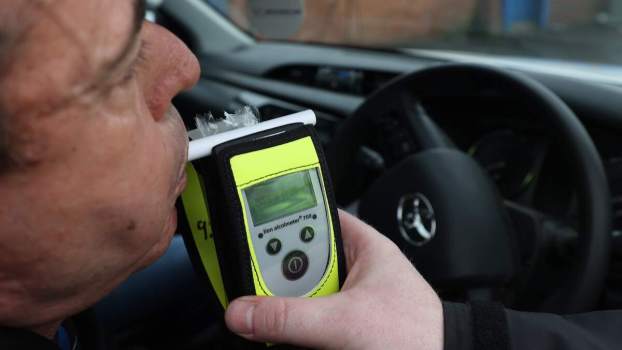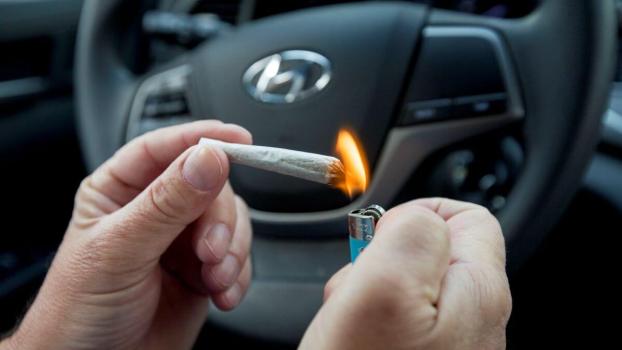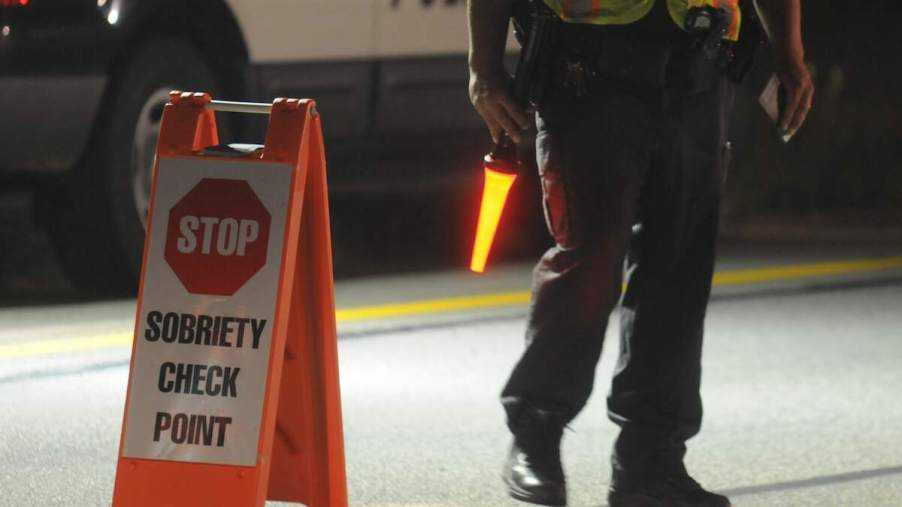
6 Field Sobriety Tests You Should Expect During a DUI Traffic Stop
Driving sober is one of the most crucial car safety requirements. Therefore, the National Highway Traffic Safety Administration (NHTSA) implements strict guidelines for field sobriety tests. These procedures include the types of sobriety tests allowed and how law enforcement administers them. Also, one of the most common questions people ask is if they can refuse a field sobriety test during a traffic stop.
If you get pulled over for suspected DUI, below are the field sobriety tests you can expect to take. We’ll also discuss what would happen if you refused to submit to these evaluations.
What are the 3 standard field sobriety tests?
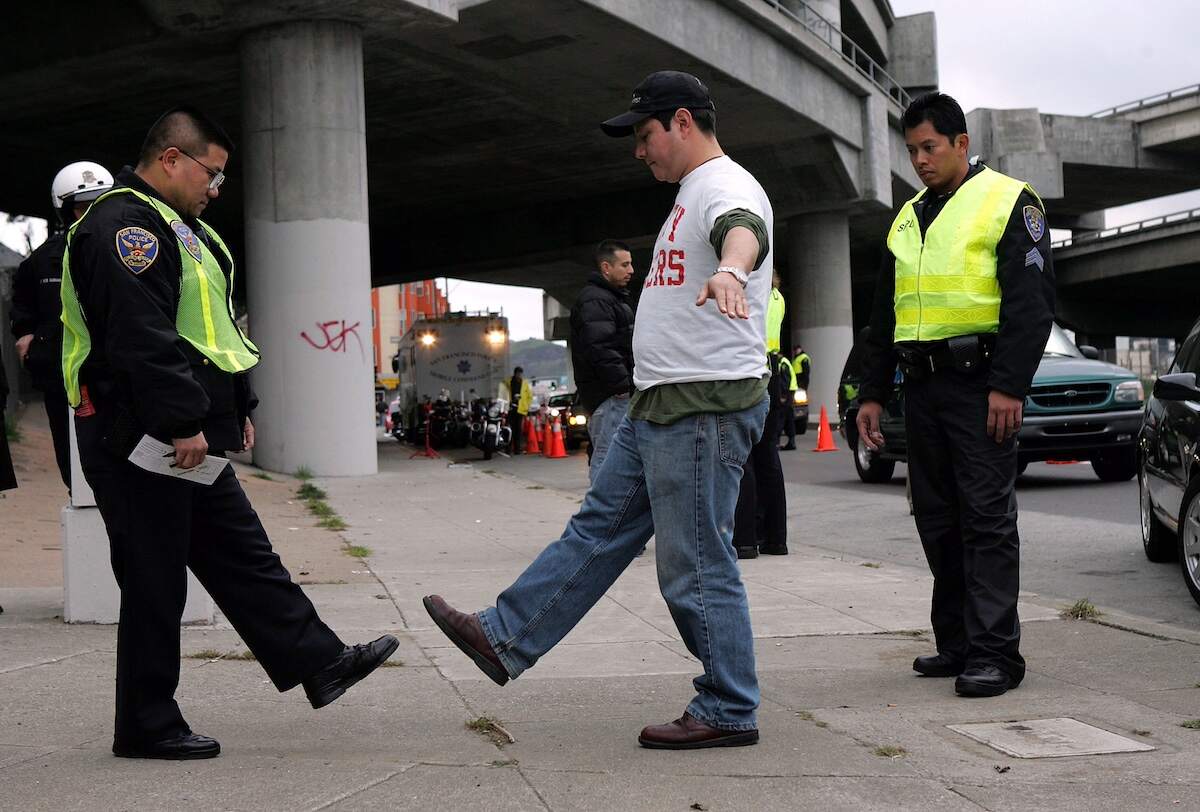
There are several tests that law enforcement would administer to people suspected of driving under the influence. However, over time, the NHTSA conducted a study determining that three of those tests are the most reliable in detecting if someone was driving over the legal limit. Other tests exist, but here are the three standards:
- Walk-and-turn: The first of the three is the walk-and-turn test. This evaluation measures a person’s ability to walk straight and complete a turn without stumbling or falling.
- Horizontal gaze (nystagmus): The next is the horizontal gaze, technically called a nystagmus test. It detects eye motion to determine if the subject can follow an object like a finger or a pen. The officer asks the driver to keep their head and neck still while following the object with their eyes.
- One-leg stand: Last is the one-leg stand. It tests balance because impaired people often struggle with this motor skill.
Law enforcement officers typically conduct these three standardized field sobriety tests together because they are diverse enough to determine if someone is driving drunk. It’s also important to point out that the NHTSA has strict rules for how to administer and evaluate these tests. That means a person could contest the results of the various field sobriety tests.
In addition, some physical conditions could cause a motorist to fail a sobriety test. However, law enforcement officers typically ask a few general health questions before administering tests to determine if the driver has any of these conditions.
What are 3 nonstandard tests?
Though there are established standard field sobriety tests, law enforcement officers can also administer nonstandard evaluations at their discretion. However, these tests have not been proven to accurately detect if a person is over the legal blood alcohol limit. Additionally, drivers should know they could argue that these tests are inadmissible in court.
There are quite a few types of nonstandard field sobriety tests. Here are three familiar ones:
- Counting numbers backward: One of the most common is asking the person suspected of driving under the influence to count backward while standing upright. This test is problematic because not everyone can count backward even when sober.
- Alphabet/ABC test: Nonstandard field sobriety tests also revolve around reciting portions of the alphabet. They present similar issues as counting backward.
- Finger-to-nose: Another nonstandard test is finger-to-nose. The subject is asked to stand with their head tilted upward and their eyes closed. Then, they must touch their pointer finger to the tip of their nose several times, alternating hands.
One of the biggest reasons nonstandard sobriety tests are controversial is there aren’t specific guidelines for administering them.
Can you refuse a field sobriety test?
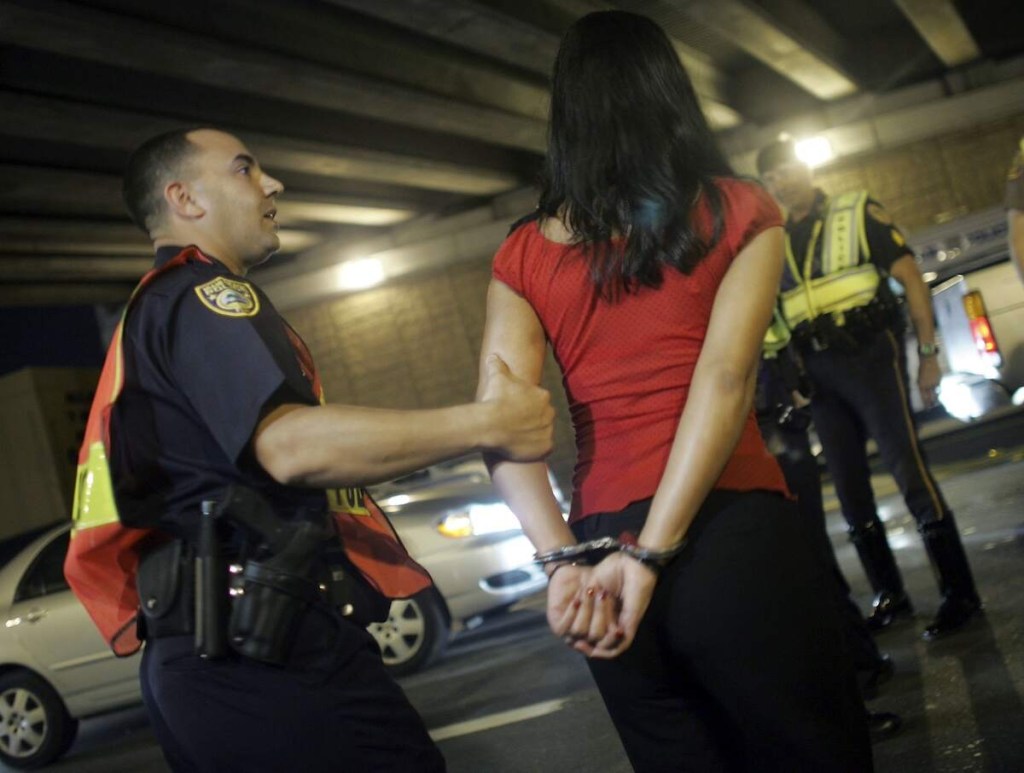
It’s a common question: Do you have the right to refuse a field sobriety test? The simple answer is yes. That’s because these tests are not scientific, and they are what law enforcement officers use as the basis for a DUI arrest. However, some states have laws that would suspend your driver’s license for refusing to take a field sobriety test. You could also be arrested for declining to submit to testing during a traffic stop.
When it comes to operating a motor vehicle, safety is paramount. That means no one should drive while intoxicated. Doing so could lead to an accident resulting in damages, injuries, or death. Designate a driver, or call a friend, family member, or rideshare service if you think you’re too drunk to drive.
